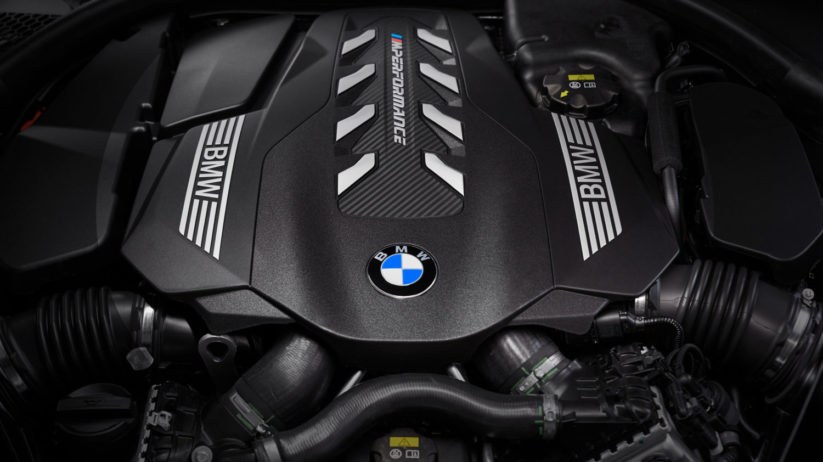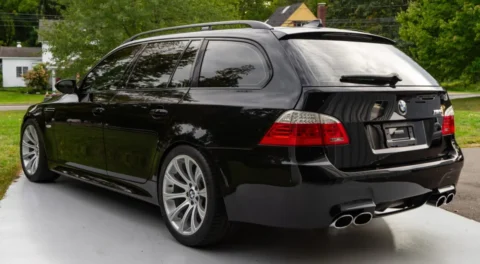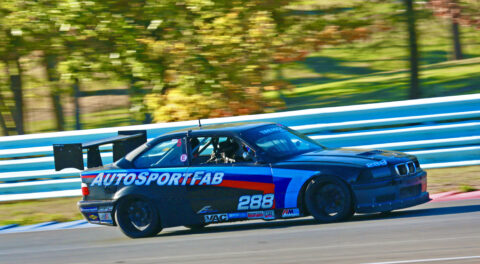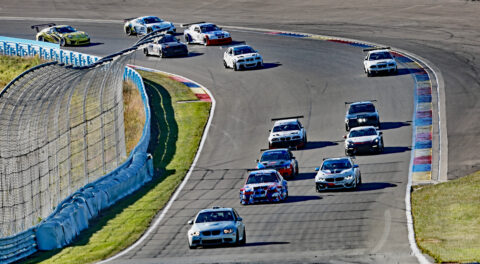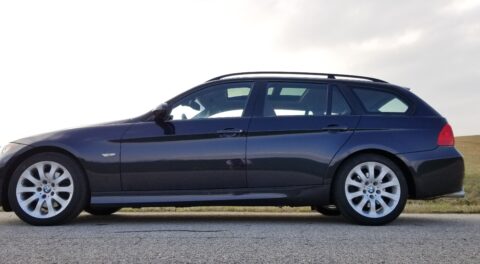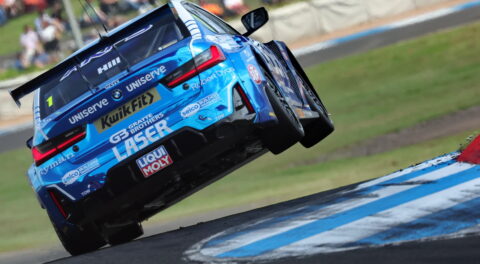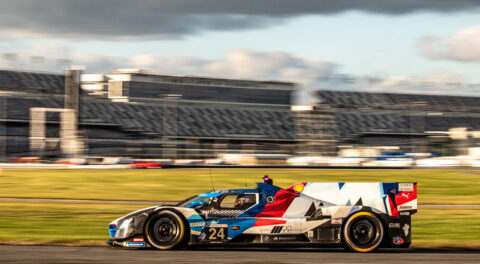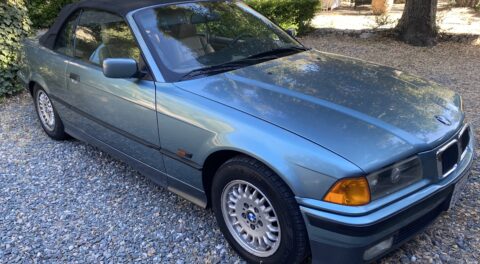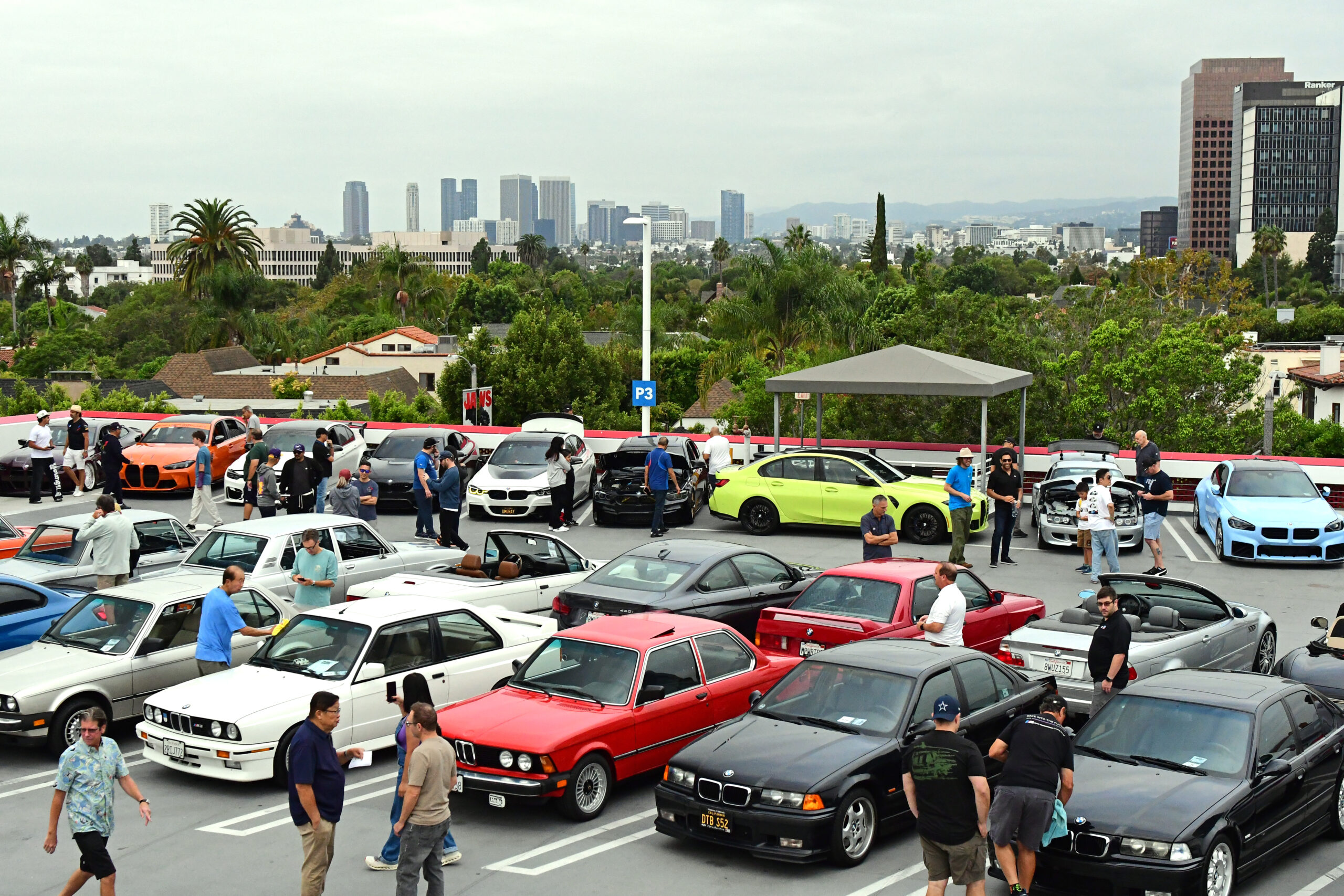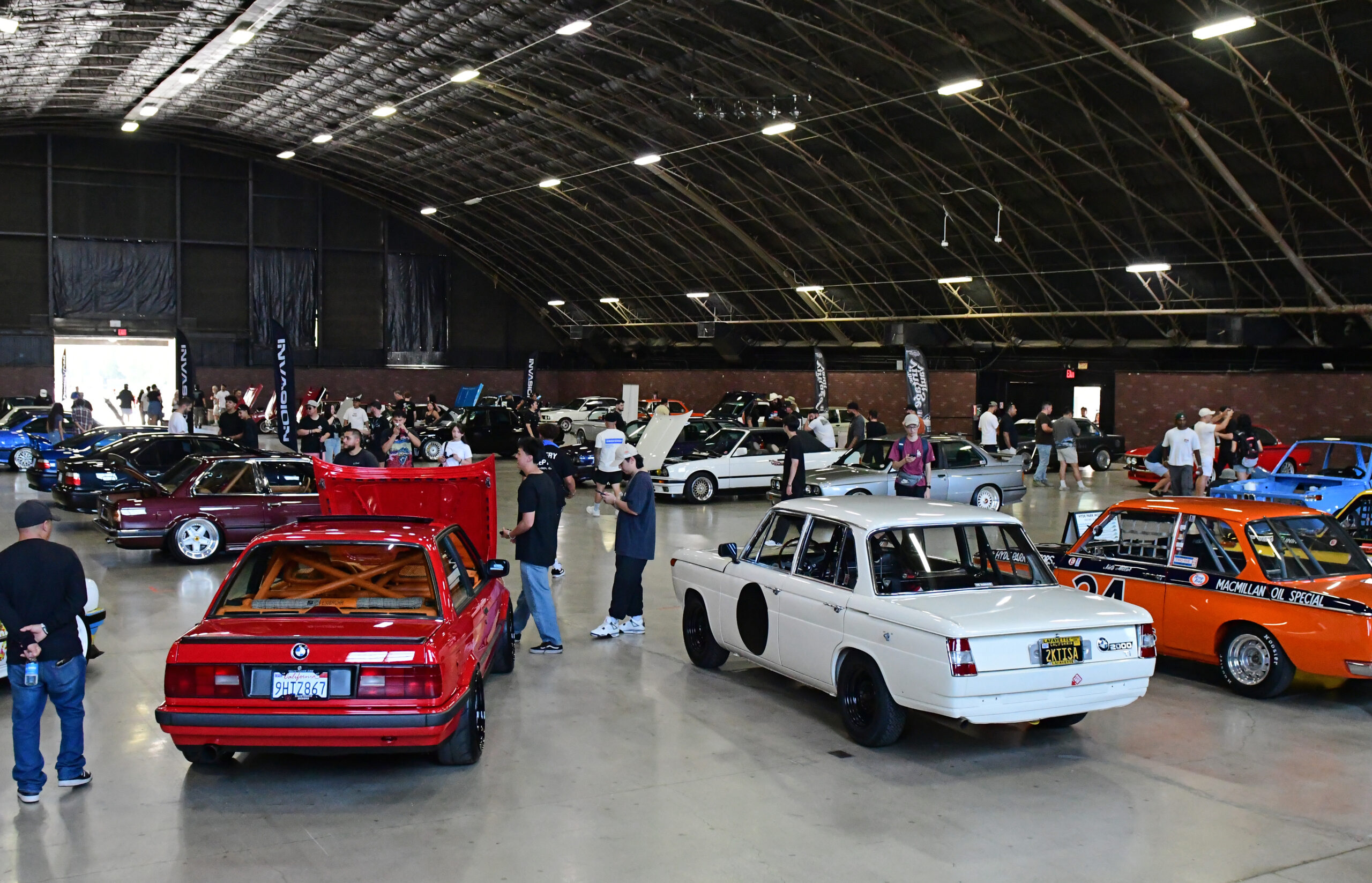While the new 8 Series is being produced at BMW Group Plant Dingolfing, the heart of the current range-topping M850i xDrive is being manufacturing alongside other specialized power plants in Munich. This latest version of the marques twin-turbo V8 is dubbed N63B44T3, and represents the latest evolution of an underlying 4,395cc design basis initially brought to market in 2008. The decade since has seen the advancement of various technologies, and as they’ve been proven on other engines in the lineup, the N63 and S63 M version have received refinements in the form of Valvetronic, twin-scroll turbochargers and higher pressure direct-injection, in addition to other cursory changes made to improve cooling and overall reliability.
Producing 523 hp between 5,500 and 6,000 rpm, with 550 lb. ft. of torque available from 1,800 to 4,750 revs, the N63TU3 at work beneath the hood of the M850i is referred to as a masterpiece by BMW, and it’s easy to see why. While earlier versions of the mainstay V8 were kept within the 400 hp realm, this is the first non-M version to exceed the 500 hp threshold, while the torque figure is greater than that of early the S63 and equal to current versions, but with a slightly smaller peak rpm stretch.
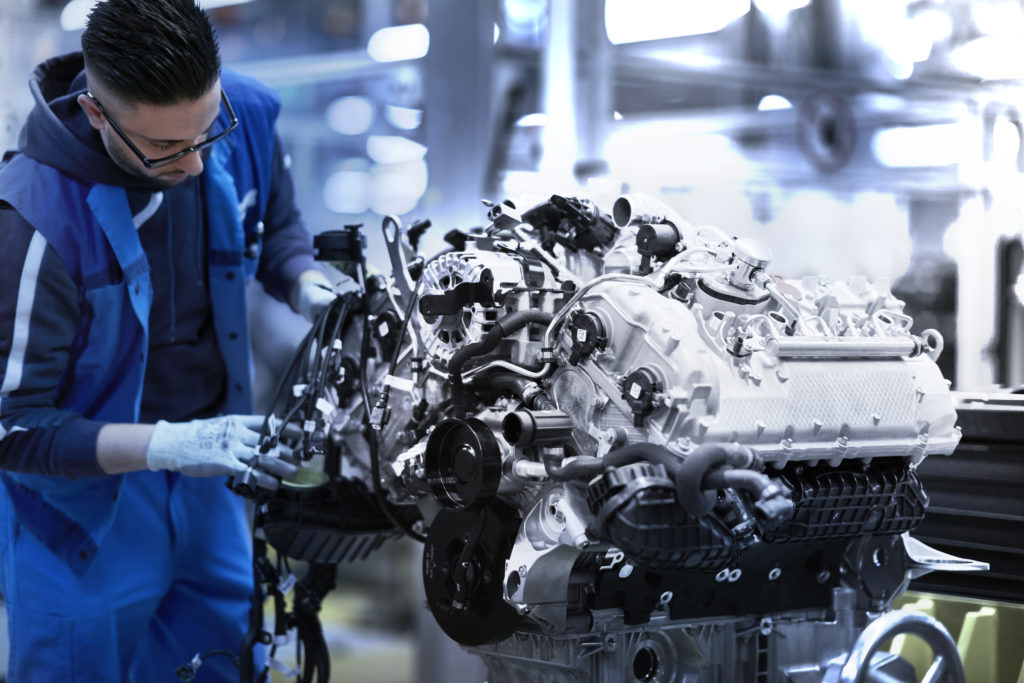
The hot-vee layout with the turbochargers situated between the cylinder heads hasn’t gotten any less groundbreaking in the ten years since the engine was first released, and although the architecture adds complexity and increases the need for highly effective cooling, the benefits relating to the elimination of lag and massive gains in efficiency are only getting better with each new version.
The production process for the N63TU3 (N63B44T3) taking place in Munich alongside other power plants such as those destined for M models and Rolls-Royce vehicles is said to make use of small teams of highly qualified specialists. These individuals are responsible for seeing each engine through the its own individual manufacturing process. The block, crankcase and cylinder heads of the high-tech, high-power V8 originate from the light-metal foundry at Landshut (the world’s first emissions-free foundry), are delivered to Munich, and subsequently joined with an exceptionally high degree of precision. Data and statistics relating to the myriad of tolerances and torque specs is continuously gathered, ensuring the use of correct tools at every stage while helping to maintain a high standard of manufacturing quality. BMWs excellent part numbering system is also at work, with each individual component, including small things like connecting rods or rod bearing shells assigned their own individual code to make sure development is tracked from receipt of materials to installation.
Check out the 30-second video below for a brief view into the how the process works.—Alex Tock
[Photos and video courtesy of BMW Group.]

